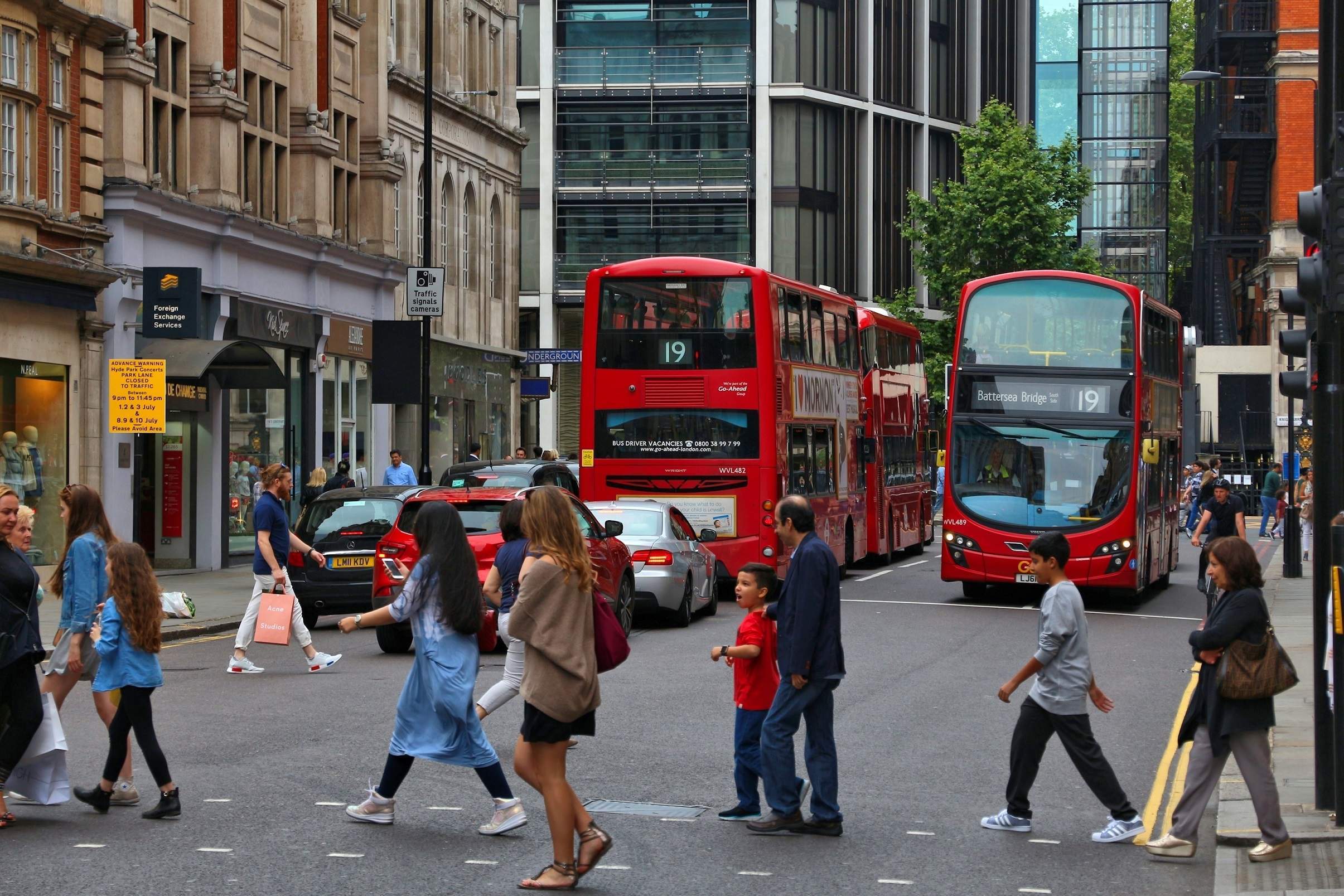
The UK’s economy has slowed more than expected in the first months of 2017 according to the Office for National Statistics (ONS).
Total GDP growth fell from 0.7 percent to 0.3 percent in the previous quarter as the rise in living costs since the Brexit referendum begins to affect British household budgets.

Access deeper industry intelligence
Experience unmatched clarity with a single platform that combines unique data, AI, and human expertise.
Since the UK voted to leave the European Union (EU) last June, UK inflation has reached its highest level in four years, rising to 2.3 percent as a result of an increase in fuel and food prices. As a result, disposable household incomes have been affected which could negatively impact the economy for the rest of this year.
According to Andrew Sentance, senior economic adviser at PwC, the GDP estimate for the first quarter of this year shows clear evidence of a slowing down domestic economy.
“The sectors which trade actively with the rest of the world – manufacturing and business and financial services – saw quite healthy growth in economic activity in the first quarter. But this was offset by a significant decline in output in retailing and other consumer-related services, alongside a small drop in the output of the transport and communications sector,“ said Sentance.
“This is consistent with the other evidence we have received over the past month: a decline in retail sales, sluggish employment growth and a squeeze on purchasing power from rising inflation.”
 GlobalData Strategic Intelligence
GlobalData Strategic IntelligenceUS Tariffs are shifting - will you react or anticipate?
Don’t let policy changes catch you off guard. Stay proactive with real-time data and expert analysis.
By GlobalData
As well, as the UK heads into an election period, there will be more uncertainty over how Brexit is affecting the country and the economy.
However, Ian Stewart, chief economist at Deloitte, believes too much emphasis should not be placed on today’s numbers.
“The long-awaited slowdown is finally coming but I’d be wary of over-interpreting today’s numbers. Quarterly GDP growth is choppy and prone to revision. Inflation will continue to squeeze the consumer but the outlook for manufacturing and exports has brightened. Growth is slowing, but this looks like a cooling, not collapse, in UK activity,” said Stewart.







